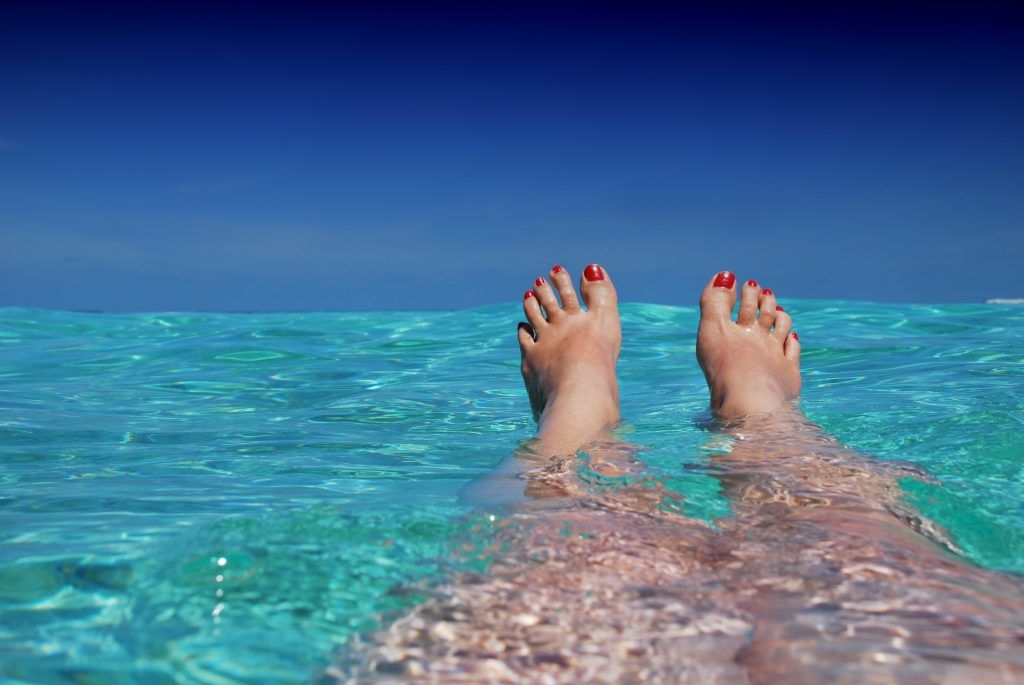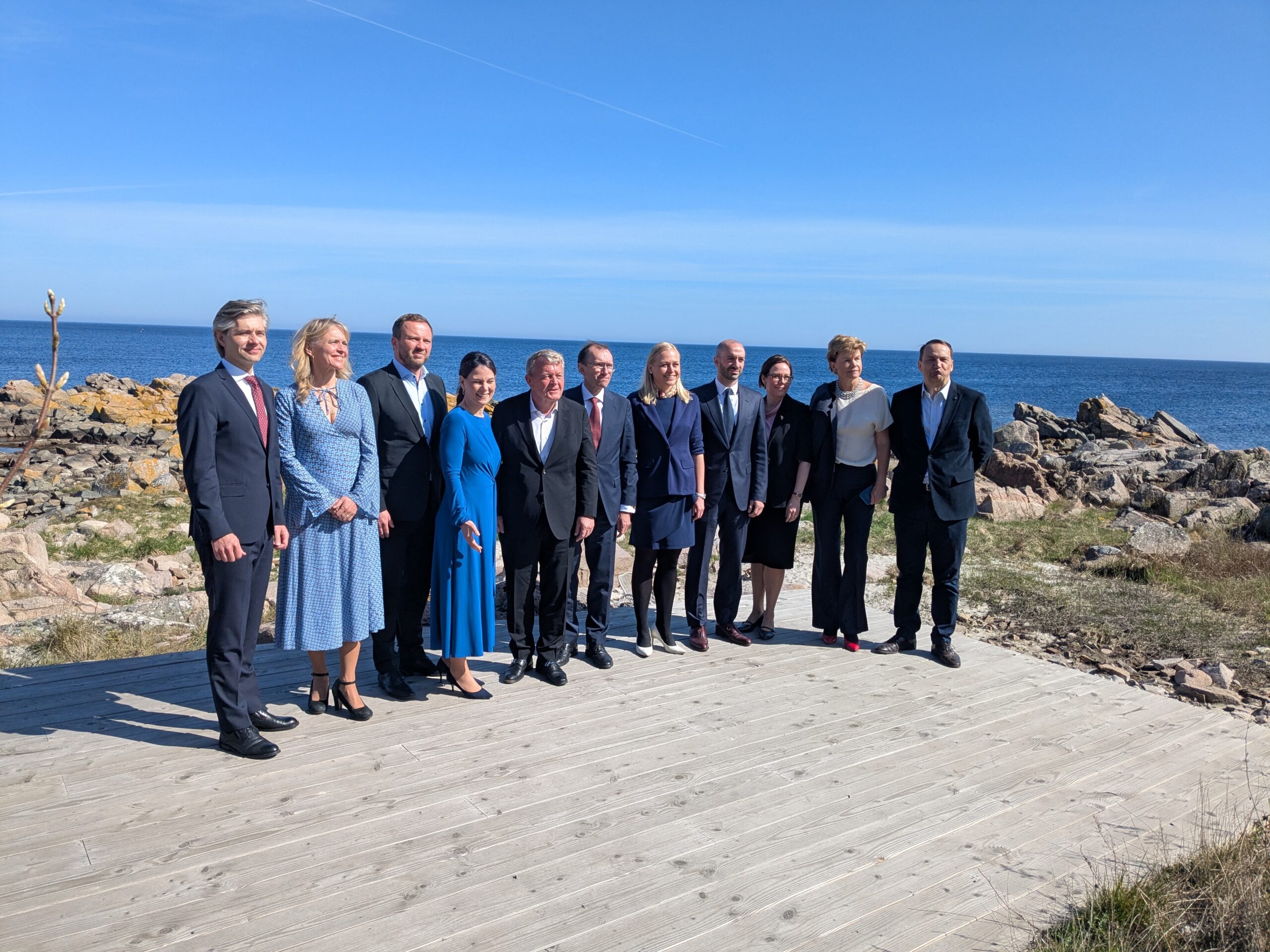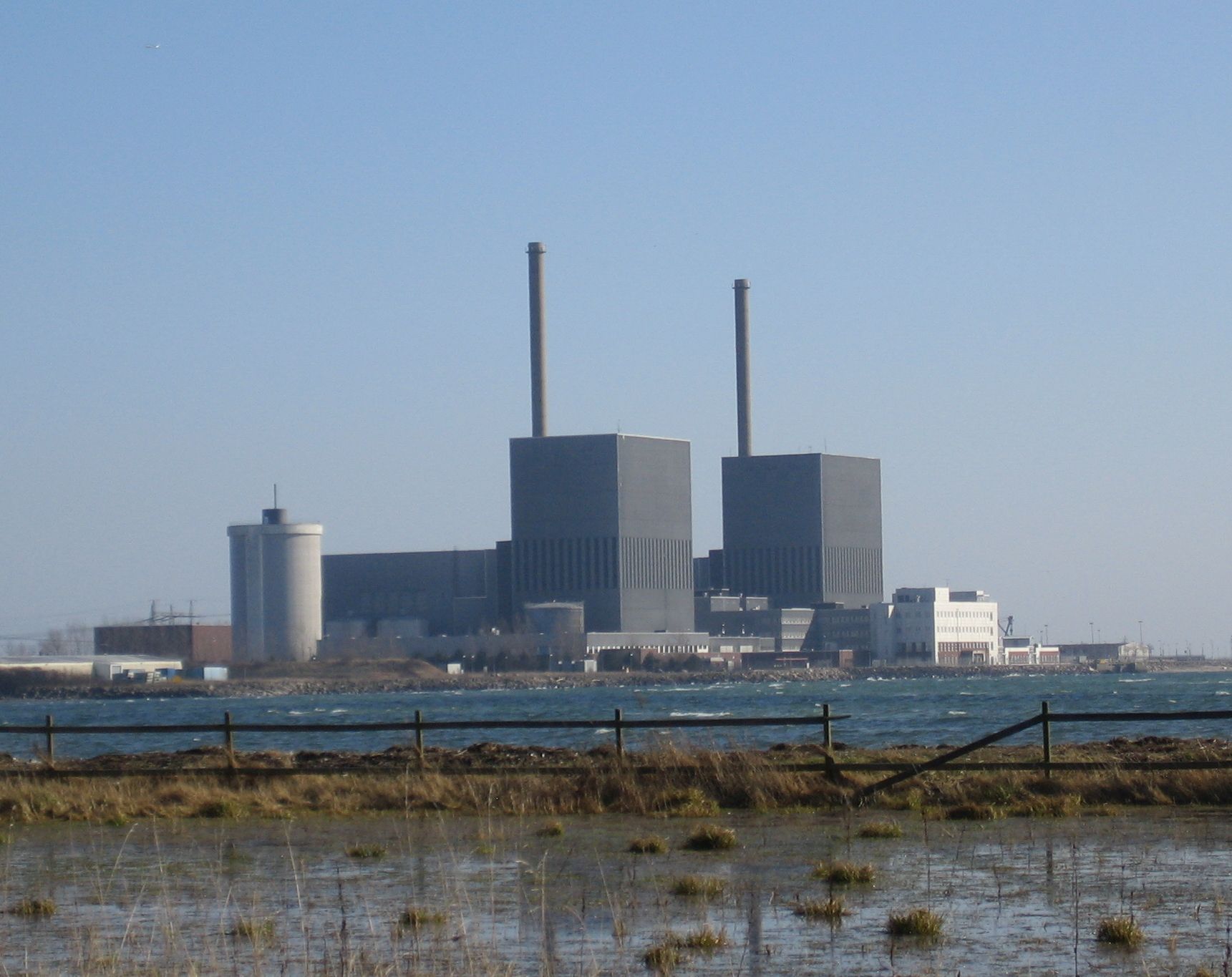Denmark is on schedule to be fully vaccinated by late-June, just in time for the Roskilde Festival and the traditional July break, but most Danes won’t be venturing abroad, according to a new survey.
Only 22 percent will be travelling abroad for their holidays, leaving behind 59 percent to spend the vacation at home, according to a YouGov survey carried out for Danske Bank. The remainder are undecided.
Cautious approach
On average, a fair proportion of Danes tend to arrange their summer holidays in January and February – perhaps as a form of therapy given how cold and dismal the weather normally is.
“People simply do not dare to bet that the world is open, so therefore they have already started planning to stay at home,” explained Louise Aggerstrøm from Danske Bank.
Less spending
According to Danske Bank figures, the nation has so far spent less than 10 percent of what it would have normally done on travel this month.
According to holiday home landlord Sol & Strand, bookings for weeks 27-33 have doubled compared to the same time last year.
Fewer foreigners
Nevertheless, bookings are down, as 75 percent of the holiday-makers tend to be foreign, and there have been virtually no overseas bookings so far.
More Danish holiday-makers than foreigners is bad news for those whose livelihoods depend on tourism because Danes tend to spend far less.














